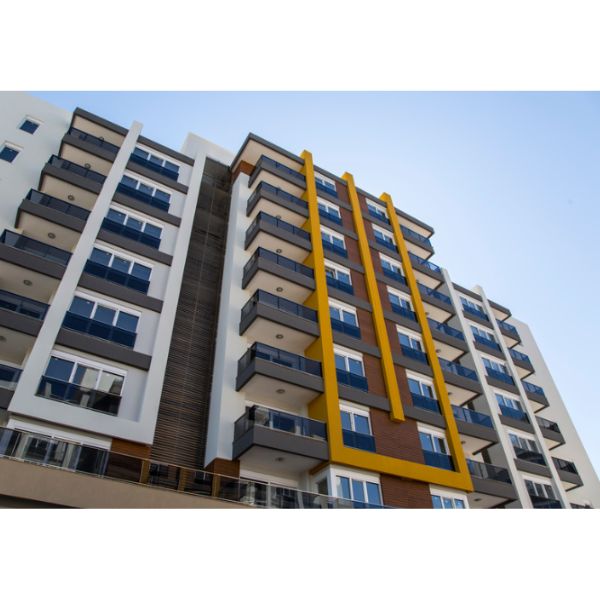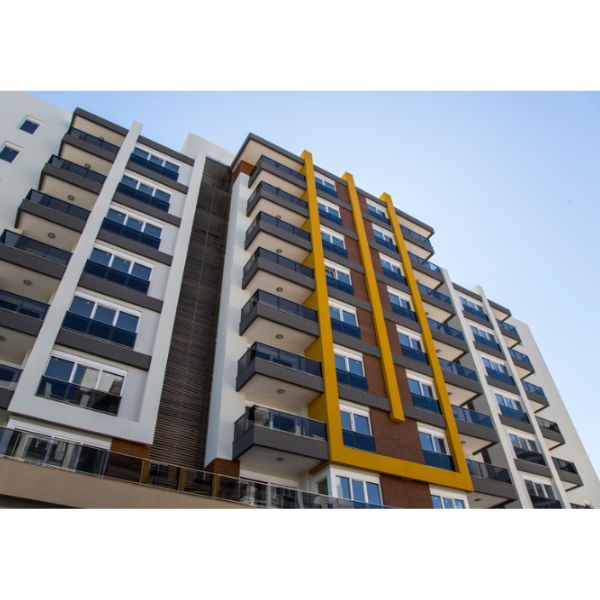- All Plans
- Yahoo Press Release
- Bloomberg Press Release + Yahoo Finance
- Business Insider Press Release
- Benzinga Press Release
- Digital Journal Press Release
- US Times Now Press Release
- AP News Press Release
- Yahoo Finance Press Release
- Street Insider Press Release
- MSN News Press Release
- USA Today Press Release
The Impact of Property Value on Housing Loan Approval

The Impact of Property Value on Housing Loan Approval
When applying for a housing loan, one of the most critical factors that lenders evaluate is the value of the property you wish to purchase or use as collateral. Property value plays a central role in determining not only your loan eligibility but also the amount and terms of the loan. Let’s explore how property value impacts housing loan approval and why it’s essential to understand this connection.

1. Property Value and Loan Amount
The amount of housing loan you can avail of depends largely on the value of the property. Lenders typically offer a loan-to-value (LTV) ratio, which is the percentage of the property’s value they are willing to finance.
For example:
- If a property is worth ₹50 lakhs and the LTV is 80%, the lender may offer a maximum loan of ₹40 lakhs.
- The remaining amount (₹10 lakhs) must be arranged as a down payment by the borrower.
Understanding the LTV ratio is crucial, as a higher property value can increase the loan amount you are eligible for.
2. Importance of Property Appraisal
Lenders conduct a property appraisal to assess its current market value. This process ensures that the property’s value is genuine and aligned with market trends. Factors like location, amenities, construction quality, and legal clearances influence the valuation.
For borrowers in tier 2 and tier 3 cities, factors like proximity to essential services, future development potential, and neighborhood quality can significantly impact the property’s appraised value.
3. Property Value as Collateral
In a housing loan, the property itself serves as collateral. This means that the lender has the right to seize the property if the borrower defaults on the loan. Higher property values reduce the lender’s risk, increasing the chances of loan approval.
Conversely, if the property value is low or if there are legal issues with the title, the lender might reduce the loan amount or reject the application.
4. Impact on Interest Rates
The property value can also influence the interest rate on home loan. A high-value property in a prime location often qualifies for better rates, as lenders view it as a safer investment. Properties with fluctuating or declining values might lead to higher interest rates.
5. Tips to Ensure Smooth Loan Approval
- Choose the Right Property: Invest in properties with clear legal titles and in locations with high demand.
- Keep Documents Ready: Ensure property-related documents, such as sale deeds and approvals, are in order.
- Understand Market Trends: Be aware of property market trends in your city or town to estimate its value accurately.
Conclusion
The property value significantly impacts housing loan approval, influencing eligibility, loan amount, and terms. Borrowers in tier 2 and tier 3 cities should focus on selecting properties with strong market potential and clear documentation to secure favorable loan terms. By understanding the connection between property value and loan approval, you can confidently apply for a housing loan and take a step closer to owning your dream home.
Media Contact
Organization: Piramal Finance
Contact Person: Ronak Pednekar
Website: https://www.piramalfinance.com/
Email: Support@allmediareach.com
Country: India
Release Id: 25122421885
